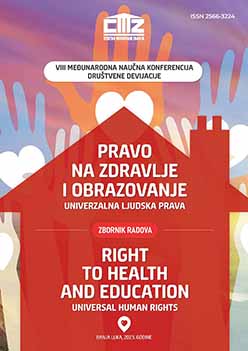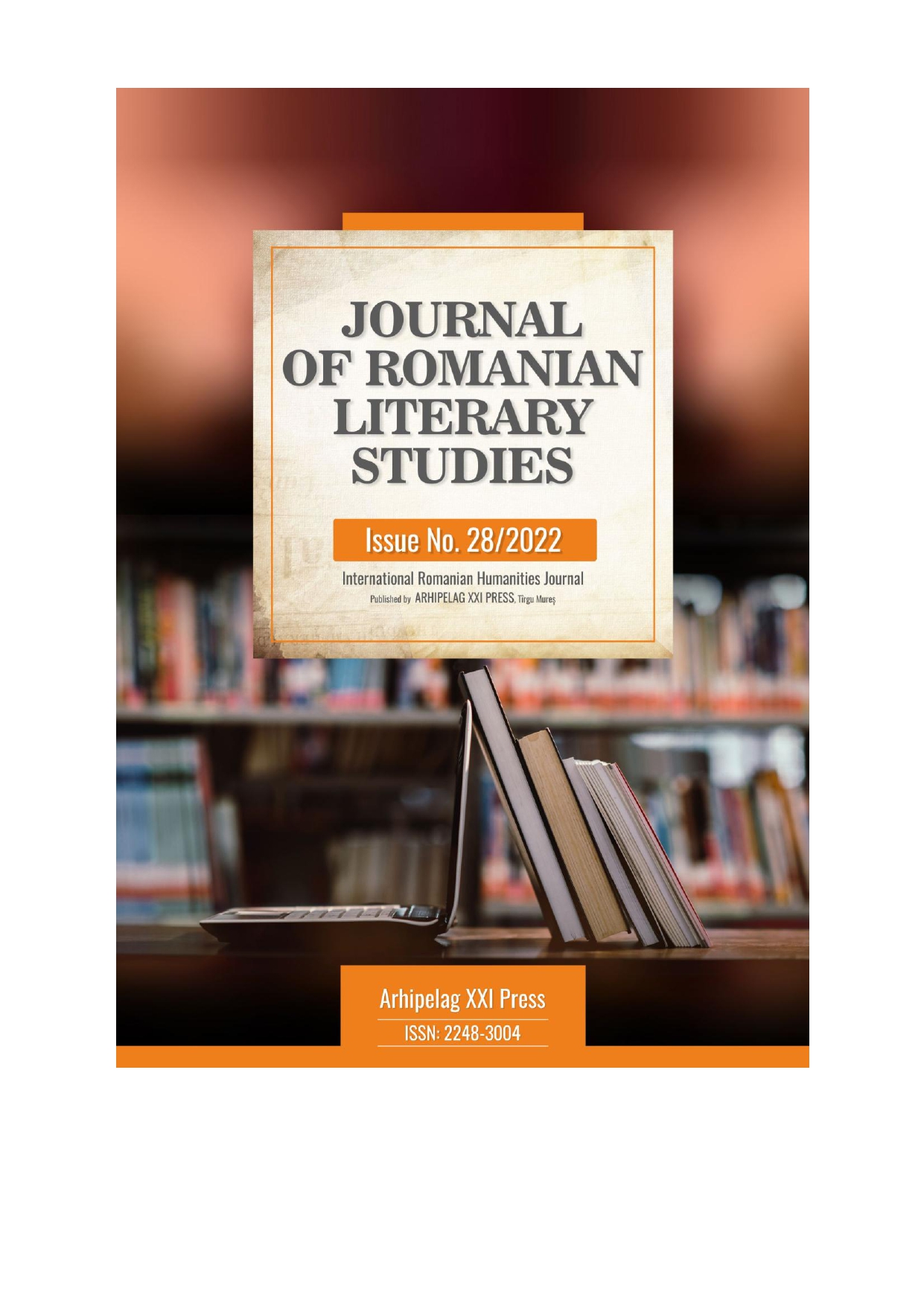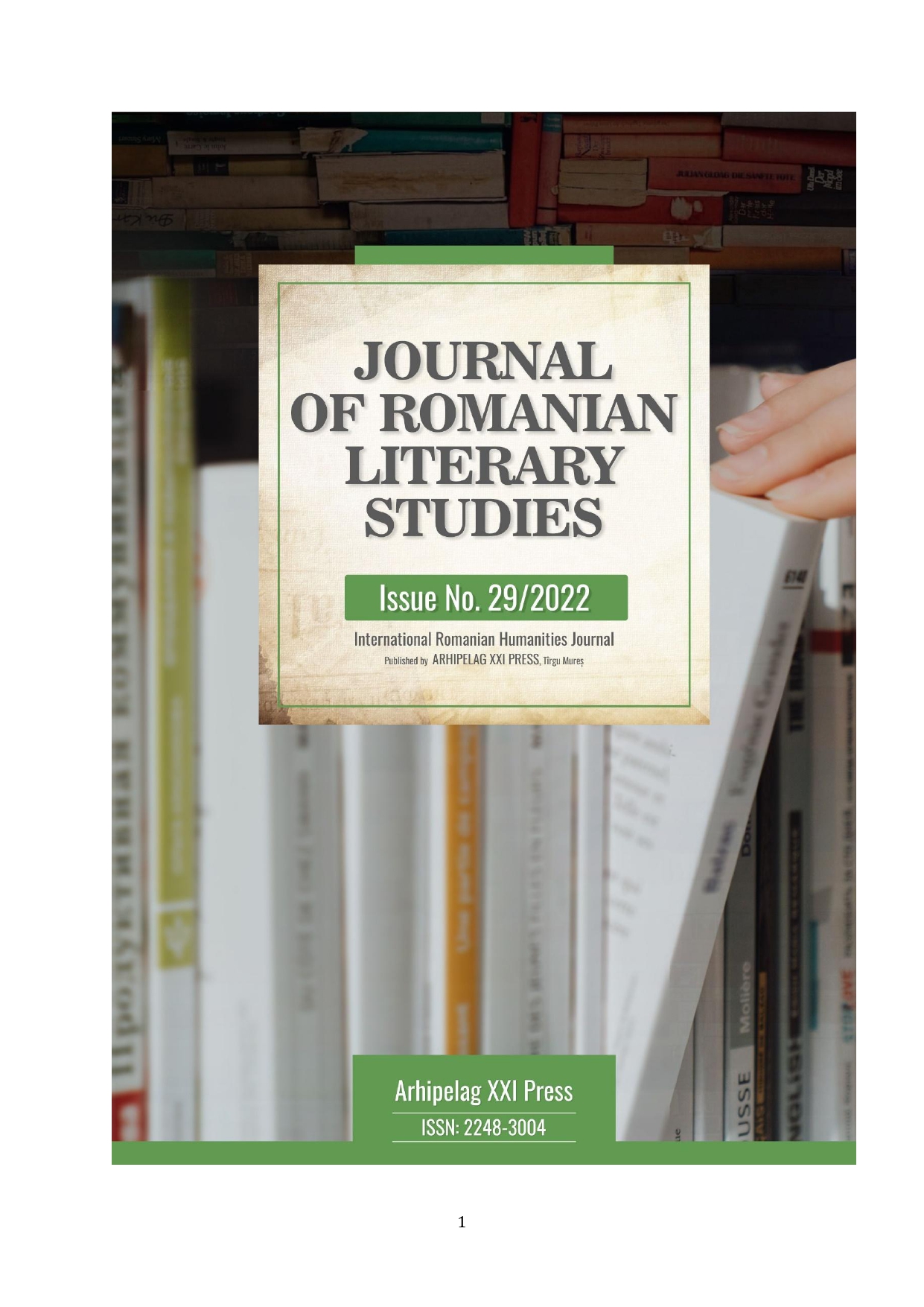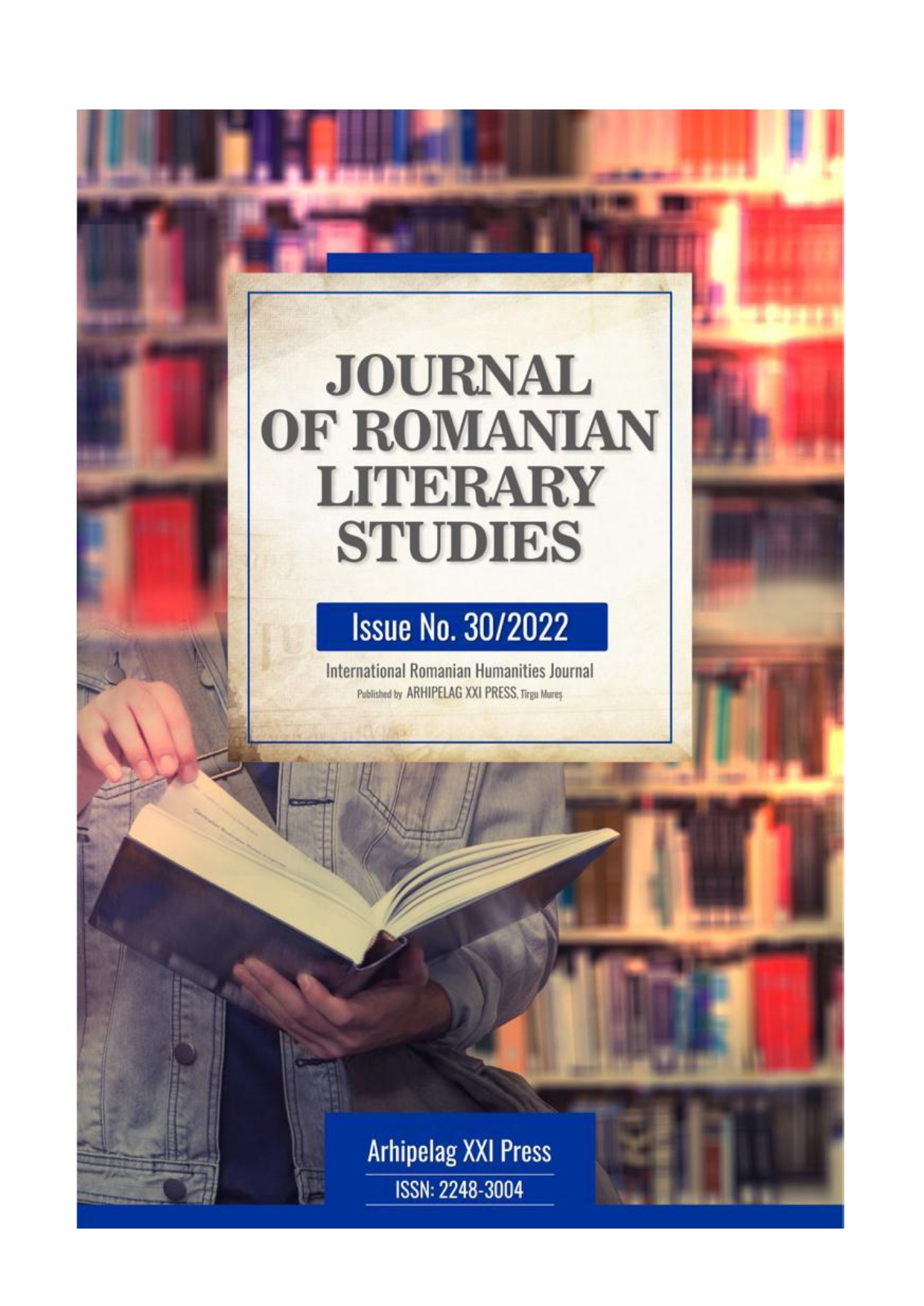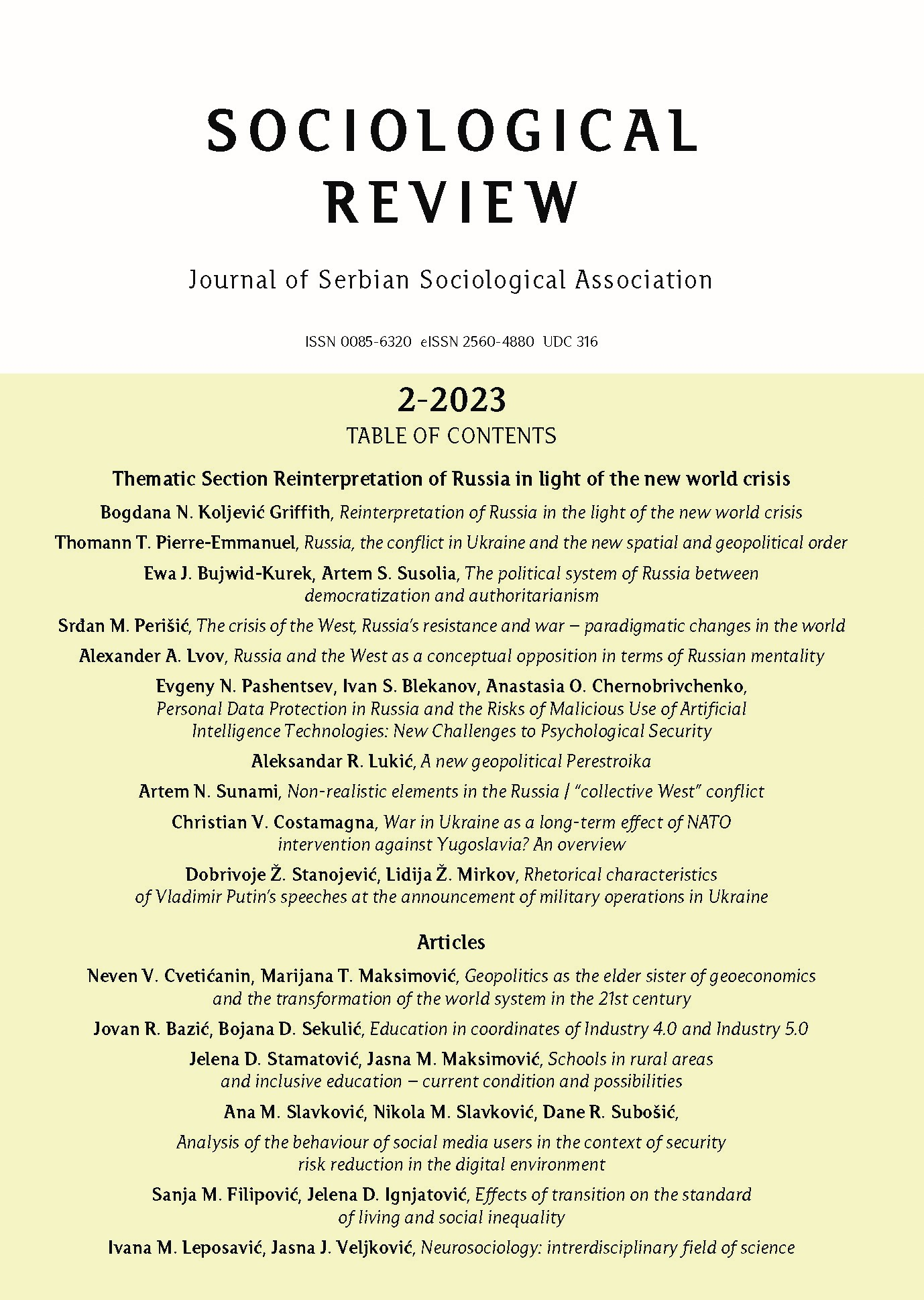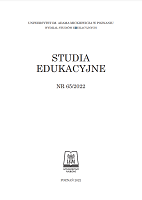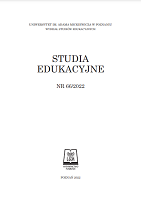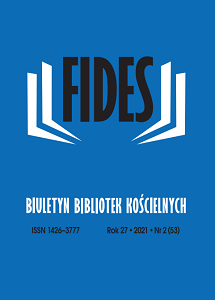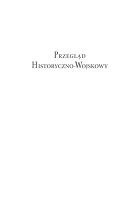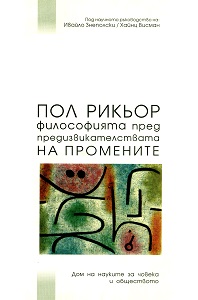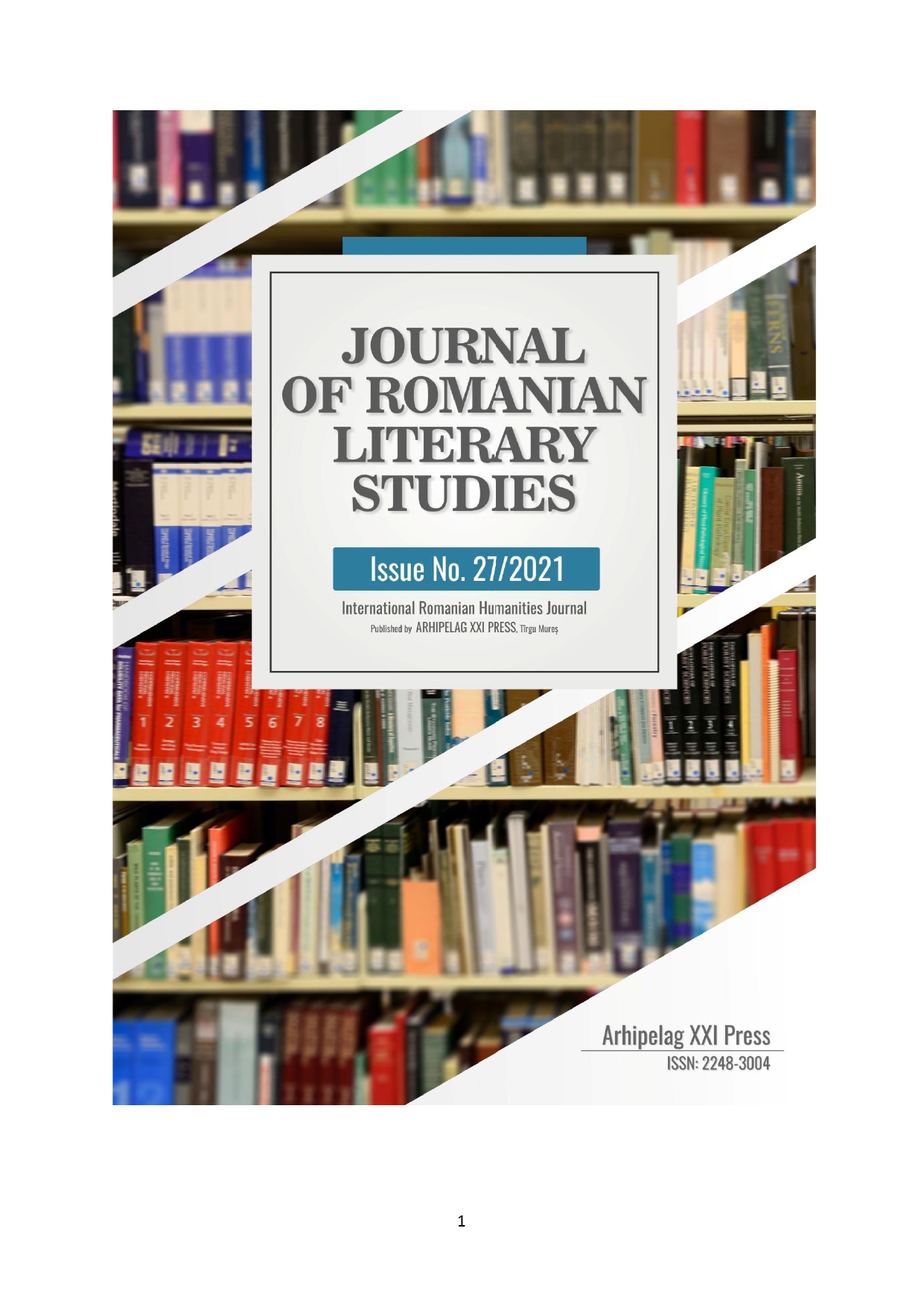
INTERNET AND SOCIAL MEDIA ADDICTION: IMPLICATIONS ON FAMILIES
“The impact of social networks on families has been researched to see what negative and positive effects they have, and researchers are increasingly concerned that technology is diminishing family communication, leading to a decrease in unity and cohesion. Within the family, it can generate feelings of inattention, lack of communication and a feeling of insecurity and instability in relationships. Sherry Turkle, in her book Alone Together, talks about a study in which parents and children were asked about various aspects of technology. The results were amazing, the children reported that they felt that their parents were addicted to their phone or computer and expressed their desire for their parents to spend quality time and interact with them. This study shows the increasing dependence on social media in families and the need for more social interactions in the family. As human beings, we are social by nature and long to make connections in relationships. It can be said that we feel connected through social networks, but we lack the ability to hear and see verbal and nonverbal messages. Studies have shown that as parents increase their screen time, so do their children. Screen time in these studies included smartphones, televisions, computers, and video games. Children imitate what they are taught, and when parents use electronics while playing with their children, it has been found that children are more likely to engage in risky behaviors. This study is mainly theoretical, descriptive, we analyzed the impact of social media and the Internet on families based on studies, having as starting points several aspects of family life. Family relationships have been identified as a major theme in the analysis of the literature. There it has been suggested differently that the Internet is leading to a new level of "fragmentation" or that it is simply the latest in a series of changes that have reduced immediate contact within families. In this case, some authors have argued that the Internet replaces other distractions, such as watching TV. On the other hand, most of the literature predates access to portable devices with internet access (mostly mobile phones) and has considered only a small measure of the impact on family norms in societies that did not share the norms of more technologically advanced.
More...
